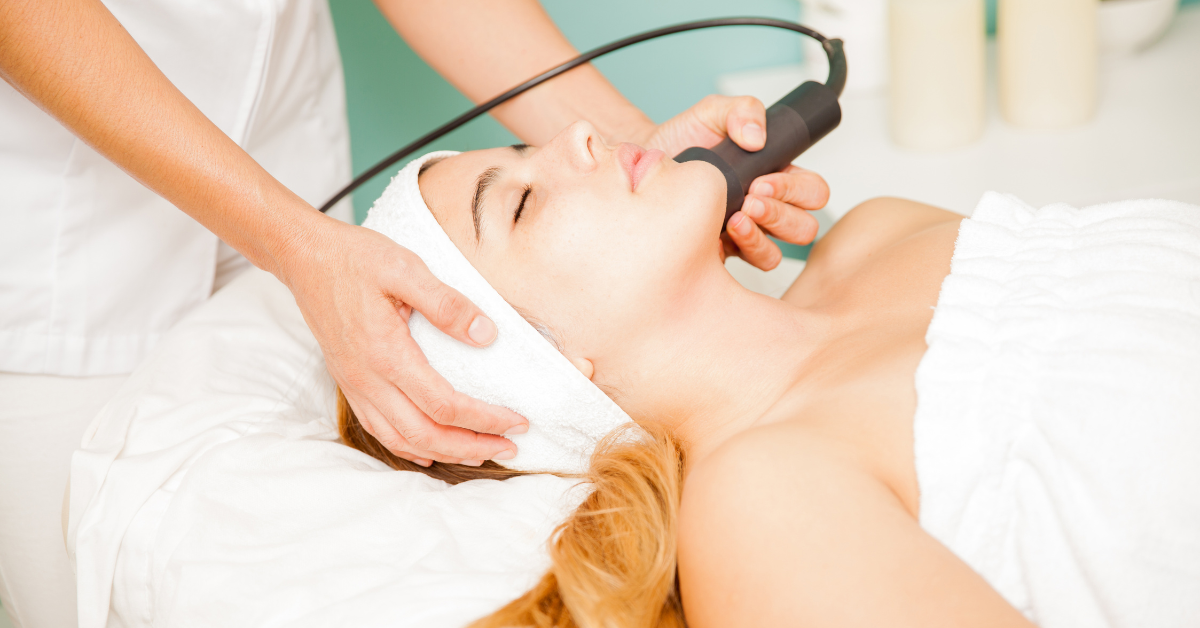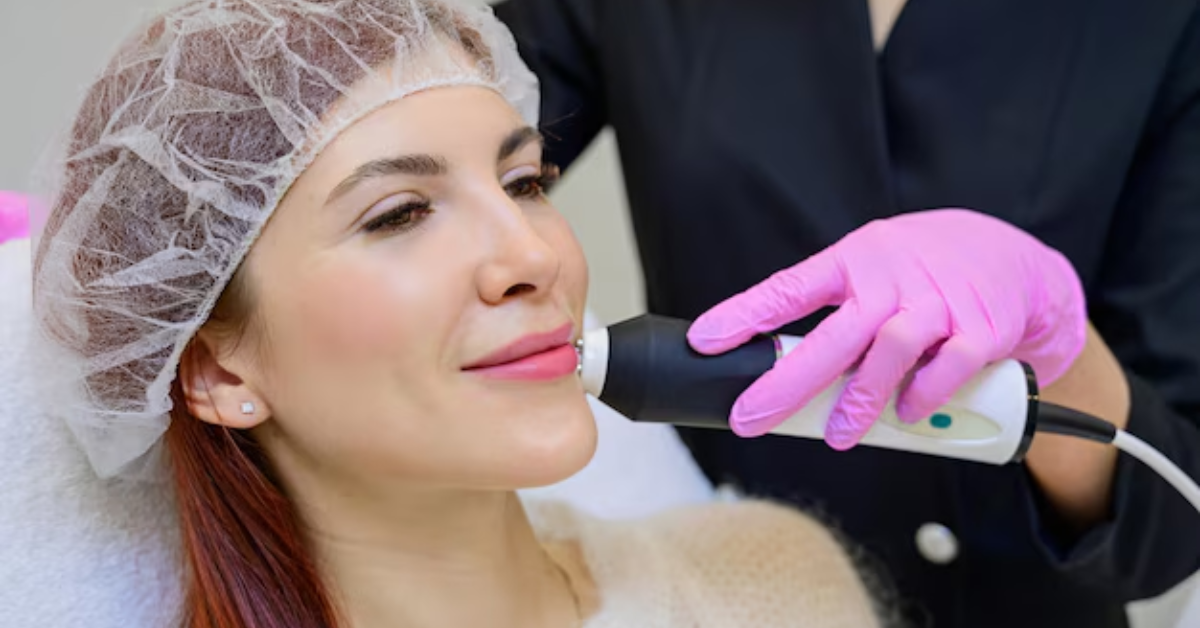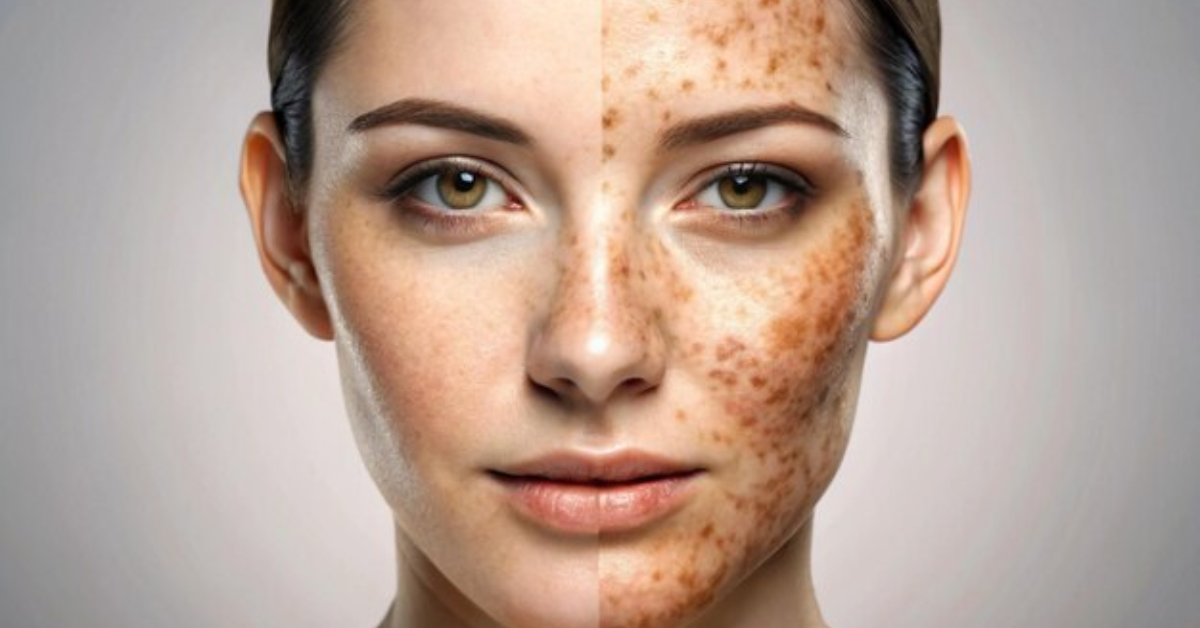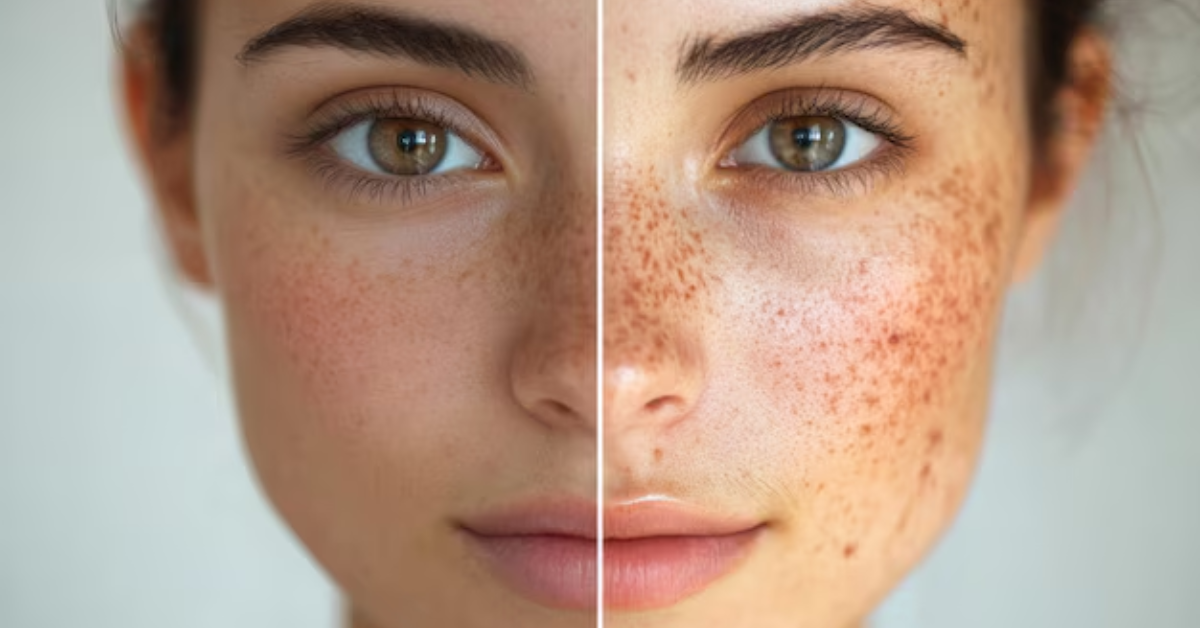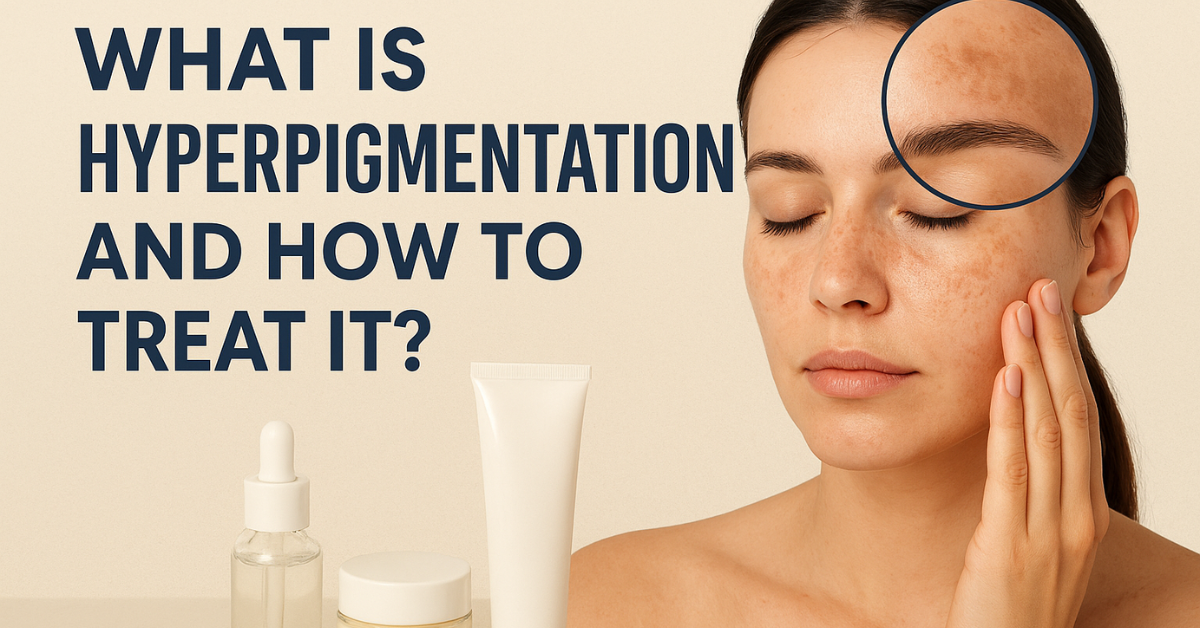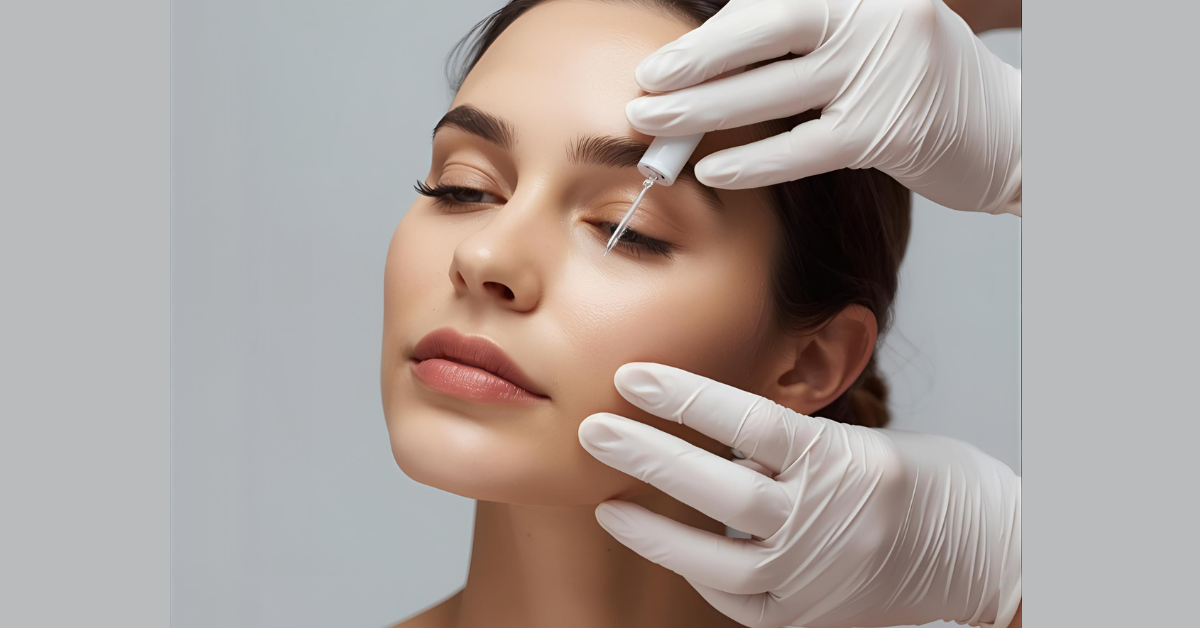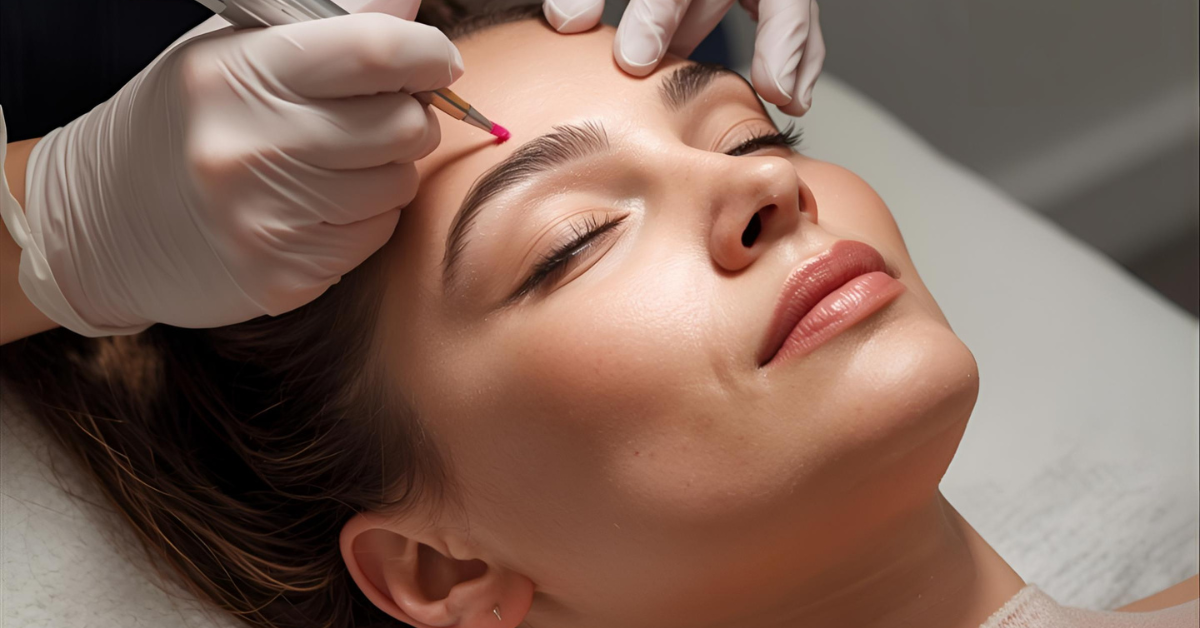How Much Does Laser Treatment For Skin Pigmentation Cost?
Skin pigmentation, often characterized by uneven patches or discoloration on the skin, is a common concern for many individuals. Whether caused by sun exposure, hormonal changes, or underlying medical conditions, these pigmentation issues can affect one's confidence and self-esteem. In the quest for clearer and more radiant skin, laser treatment has emerged as a popular solution. Laser treatment for skin pigmentation involves the use of specialized light beams to target and break down excess melanin, the pigment responsible for skin color. This process helps to lighten or remove unwanted pigmentation, resulting in a more even complexion.
Before delving into the details of laser treatment, it's essential to understand the various factors that influence its cost. From the size and severity of pigmentation to the reputation of the clinic and the expertise of the dermatologist, there are several considerations that can impact the overall cost of treatment. By gaining insight into these factors, individuals can make informed decisions about pursuing laser treatment for skin pigmentation and better understand the financial investment involved in achieving their desired results.
The Pigmentation of Skin
Skin pigmentation refers to the coloration of the skin, which is determined by the presence of a pigment called melanin. Melanin is produced by specialized cells called melanocytes and is responsible for giving the skin its various shades, ranging from light to dark. While some degree of pigmentation is normal and healthy, excessive or uneven pigmentation can lead to skin discoloration and blemishes.
Causes of Skin Pigmentation
Skin pigmentation can be influenced by a variety of factors, including:
Sun Exposure: Ultraviolet (UV) radiation from the sun stimulates melanin production in the skin, leading to tanning or sunburn.
Hormonal Changes: Hormonal fluctuations during pregnancy, menopause, or puberty can trigger changes in melanin production, resulting in conditions like melasma or chloasma.
Genetic Factors: Certain genetic predispositions can make individuals more susceptible to pigmentation disorders.
Inflammatory Conditions: Skin inflammation caused by acne, eczema, or other skin conditions can sometimes lead to post-inflammatory hyperpigmentation.
Medical Conditions: Certain medical conditions such as Addison's disease, Cushing's syndrome, or thyroid disorders can affect melanin production and lead to pigmentation changes.
Types of Pigmentation Disorders:
There are several types of pigmentation disorders, each characterized by specific symptoms and causes:
Hyperpigmentation: This refers to an excess of melanin in the skin, resulting in dark patches or spots. Common types of hyperpigmentation include melasma, sunspots (solar lentigines), and age spots (liver spots).
Hypopigmentation: Hypopigmentation occurs when there is a decrease or loss of melanin in the skin, leading to lighter or white patches. Conditions like vitiligo and albinism are examples of hypopigmentation disorders.
Post-inflammatory Hyperpigmentation: This type of pigmentation occurs as a result of skin trauma or inflammation, such as acne lesions, burns, or cuts. It manifests as darkening of the affected area following the healing process.
Overview of Laser Treatment:
Laser treatment for skin pigmentation is a non-invasive procedure that uses concentrated beams of light to target and break down excess melanin in the skin. The process involves the following steps:
How Laser Treatment Works for Pigmentation:
- The laser emits specific wavelengths of light that are absorbed by the melanin in the skin, causing it to heat up and break apart.
- This process selectively targets the pigmented cells while leaving the surrounding skin tissue unharmed.
- Once the pigmented cells are destroyed, the body's natural healing processes work to remove the damaged tissue and stimulate the production of new, healthy skin cells.
- Laser treatment typically requires multiple sessions spaced several weeks apart to achieve optimal results. Over time, pigmented lesions fade, resulting in a more even skin tone.
Benefits of Laser Treatment
Laser treatment for skin pigmentation offers several benefits, including:
- Laser technology allows for precise targeting of pigmented lesions, minimizing damage to surrounding skin.
- Laser treatment can effectively lighten or remove unwanted pigmentation, resulting in a more even complexion.
- The procedure is non-invasive and requires minimal downtime, allowing individuals to resume their normal activities shortly after treatment.
- Laser technology can be customized to target various types of pigmentation disorders, making it suitable for a wide range of skin concerns.
Overall, laser treatment for skin pigmentation is a safe and effective option for individuals seeking to improve the appearance of their skin and achieve a more radiant complexion.
Factors Influencing Cost
The cost of laser treatment for skin pigmentation can vary depending on several factors:
Size and Severity of Pigmentation
- The size and severity of the pigmented area can influence the cost of treatment. Larger or more extensive areas may require additional time and resources to address, leading to higher costs.
Number of Treatment Sessions Required
- The number of treatment sessions needed to achieve the desired results can impact the overall cost. While some pigmentation issues may be resolved with a single session, others may require multiple treatments for optimal outcomes.
Location and Reputation of the Clinic:
- The geographic location of the clinic and its reputation within the industry can affect pricing. Clinics located in metropolitan areas or with a high demand for their services may charge higher fees compared to those in less populated areas.
Experience of the Dermatologist or Laser Technician:
- The expertise and experience of the dermatologist or laser technician performing the treatment can also influence the cost. Professionals with advanced training and extensive experience may command higher fees for their services.
Average Cost of Laser Treatment:
The average cost of laser treatment for skin pigmentation can vary widely depending on factors such as the country, clinic, and treatment area. The cost of laser treatment may differ significantly between countries due to variations in healthcare systems, labor costs, and local market dynamics. For example, the average cost of treatment in the United States may be higher than in countries with lower healthcare costs.
The cost of laser treatment can also vary based on the specific area being treated. Treatment of larger or more visible areas, such as the face or neck, may be more expensive than smaller areas like the hands or arms. Overall, individuals considering laser treatment for skin pigmentation should consult with a qualified dermatologist or laser specialist to obtain a personalized cost estimate based on their unique needs and circumstances. Additionally, they may want to explore financing options or inquire about potential insurance coverage to help manage the cost of treatment.
Additional Expenses
In addition to the cost of the laser treatment itself, there may be additional expenses to consider:
- Some clinics may charge a consultation fee to assess your skin condition, discuss treatment options, and develop a personalized treatment plan. This fee may or may not be included in the total cost of treatment.
- Depending on your skin type and the recommendations of your dermatologist or laser technician, you may need to purchase specific skincare products to prepare your skin for laser treatment. These products may include cleansers, moisturizers, or specialized serums.
- After undergoing laser treatment, you may be prescribed medications or topical creams to aid in the healing process and minimize potential side effects such as redness or inflammation. These additional medications or creams may incur separate costs.
Treatment Considerations
When considering laser treatment for pigmentation, it's crucial to invest time in researching and comparing various clinics. Look for reputable establishments like Malka Med Spa, known for their expertise in skincare. Evaluate factors such as the qualifications of the staff, the clinic's reputation, and the technology and techniques utilized for treatment. By choosing a trusted clinic like Malka Med Spa, you can ensure you receive the highest quality care and achieve optimal results for your skin.
Conclusion
Laser treatment for skin pigmentation costs depend on several factors, including additional expenses and financing options. Knowing what those factors are is essential to making informed decisions about pursuing treatment. While the average cost and financing options may vary, it's crucial to prioritize consulting with a dermatologist to assess your individual needs, discuss potential risks, and develop a personalized treatment plan tailored to achieve optimal results. By taking these steps, individuals can embark on their skincare journey with confidence, knowing they are investing in both their appearance and overall well-being.

